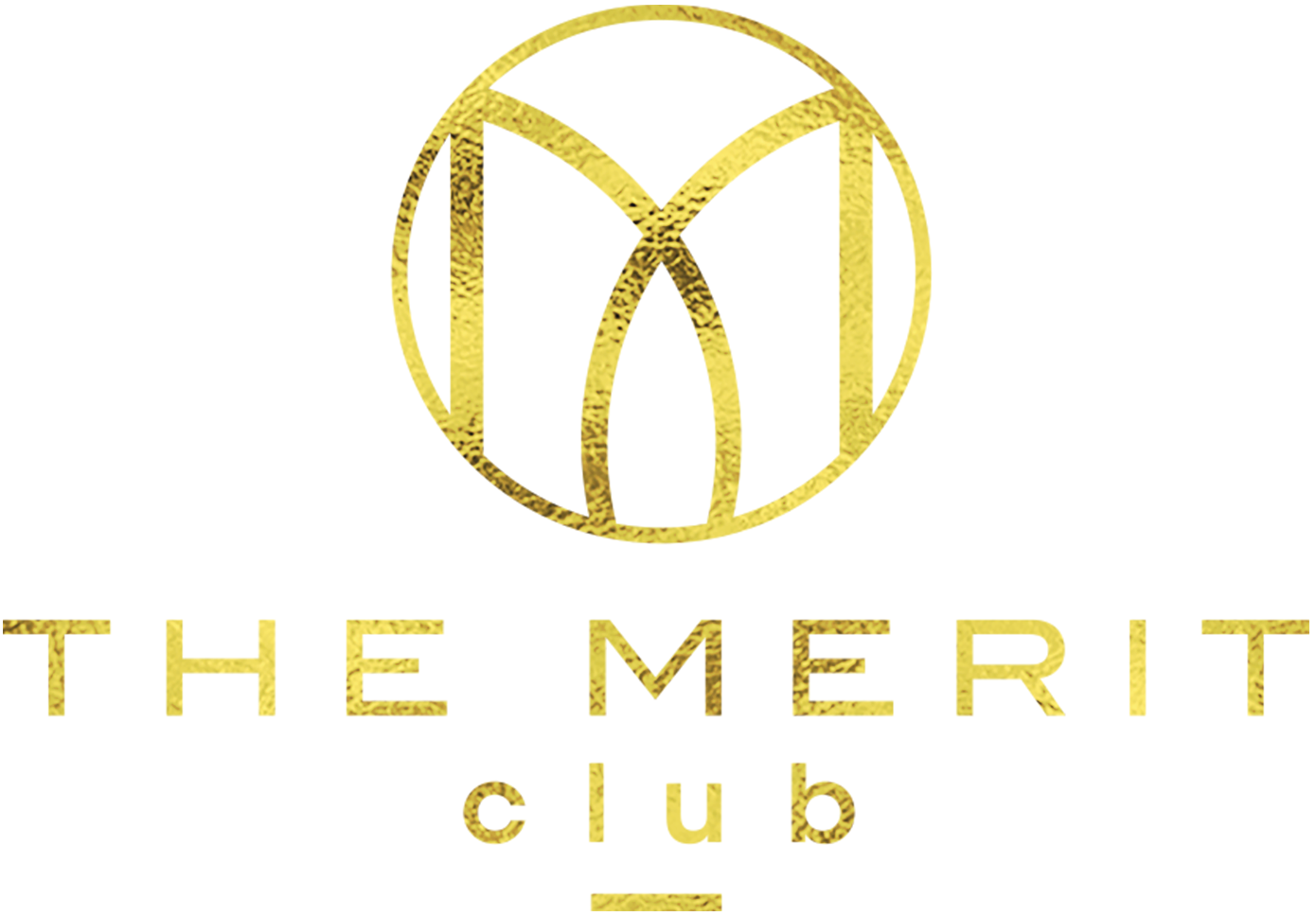Diane Chandler Reviews: The Power by Naomi Alderman
This summer I attended the shortlist readings of the Bailey’s Prize for Women’s Fiction, held in Chelsea’s sumptuous Cadogan Hall. Six female novelists assembled on stage to read excerpts and discuss their books. When Naomi Alderman read from her new novel, The Power, I knew she’d created something special. The Power went on to win the Bailey’s Prize, and I treated myself to a read of this highly original novel on my holiday by the pool.
The Power opens in the present day, with a young girl, Roxy, being set upon by thugs in the East End of London. On fighting back, she is shocked to find that she has electrocuted the man with the mere grab of his wrist. ‘Like needle-pricks of light from her spine to her collarbone, from her throat to her elbows, wrists to the pads of her fingers. She’s glittering, inside.’ And so the power begins. Across the world, suddenly, teenage girls discover that within them they can muster this random and startling power. And that they can cause pain, or worse, to the boys and men who harangue, violate or attack them. Societal status quo is reversed.
The novel then takes us on a sweeping journey around the globe and into the future, bumping along on tales of political intrigue, female drug barons, and a cult led by the worshipped ‘Mother Eve.’ We meet Margot, the devious US Senator who uses her own power with guile, to rise through the echelons just as her male counterparts have elbowed their way up for centuries. In Moldova (a real country, but here intriguingly and boldly fictionalised) the crazed female President creates a matriarchy whereby all males must have papers, a female guardian and a permit to venture out alone. Then there is Tunde, a male Nigerian journalist, and for me the one truly likeable character of the novel – a clever ruse by Alderman. He makes it his mission to report on the spread of the power and the steady domination by women, while padding through his scenes with empathy, vulnerability and benign deeds.
In its humorous moments, The Power makes us smile at the way the tables have been turned. We are faced with banners proclaiming ‘Justice for Men.’ Delightfully, we watch the women employ their electrifying muscle to thrill themselves and their men during sex. ‘She runs the back of her hand over the sparse fur of his chest. She lets a tiny crackle go, a prickle at his hair’s ends, glowing faintly. It feels good.’ In its violent moments, it lays bare the sufferings of women throughout time, with its role reversal scenes of rape, of genital mutilation, and of murder. Once, where man controlled woman, in The Power the boot is very much on the other foot. And it kicks brutally.
The Power ends some five thousand years into the future, when a matriarchy ultimately dominates the world. And what have the women done with their power? Have they employed it to good effect? Applying their qualities of empathy and compassion? Those soft skills innate to women, and so sought after today in our workplace with its quest for gender balance. Not at all. These women have abused their power and become cruel. They have become the men. A sobering vision indeed.
I found this novel unique. I am no fan of science fiction, but this is a tale of the modern day gone askew, and it is set only in the world as we know it. There are undertones of A Handmaid’s Tale – and indeed Alderman was apparently encouraged in her venture by Margaret Atwood. Intriguingly, throughout the novel, Alderman throws in the odd titillating sketch of artefacts she’s concocted. Of ancient statues, weapons, or ceramics, which lead us to believe that the power to electrocute has always been within us and was recognised by past civilisations. These interludes raise a smile in the reader, sparking the imagination as to what might really once have been. However, then in the acknowledgements, Alderman tells us that two of these artefacts were based on actual archaeological finds, including ‘Priestess Queen,’ a female statue with an arm resembling an instrument of torture. And, just as I assume it was meant to do, that notion did stay with me long after I put the book down!
Words by Novelist
Diane Chandler
author of Moondance and winner of The People’s Book Prize for Fiction 2016 for her first novel The Road to Donetsk.







